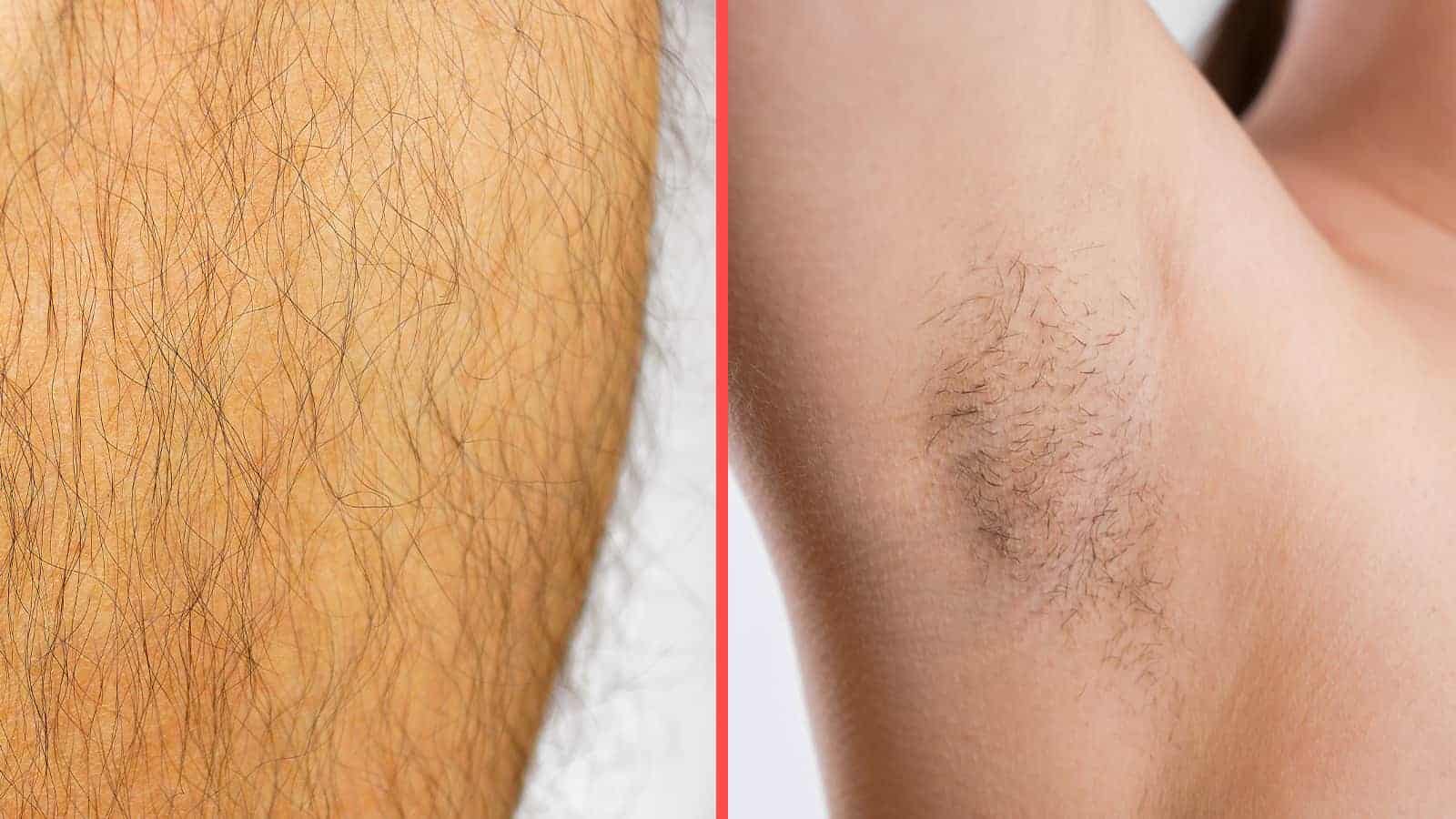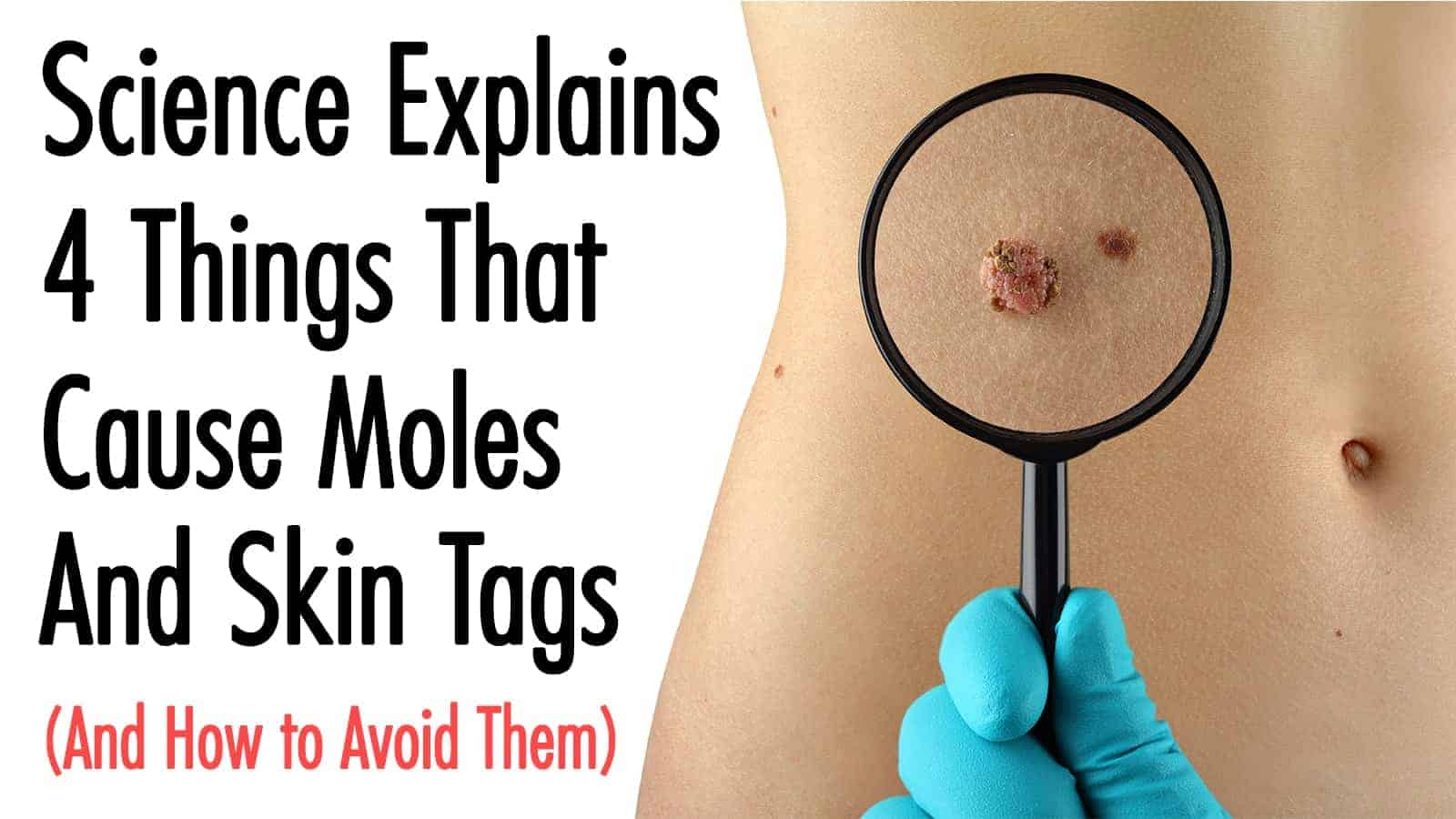Body hair is a natural occurrence, growing from head to toe. Some people experience little more than a light fuzz over most of their bodies. Still, others have thicker growths on their torso and limbs. Some people shave or wax their body hair, while others let it grow free.
Regardless of your natural body hair and how you tend to it, pay attention to your hair growths. This vigilance is necessary because your body hair reveals much about your health. Here are four things you can learn about your health through your body hair.
1. Body Hair Reveals Hormonal Problems
Our hormones are responsible for the vast majority of how our body functions. They’re also responsible for the growth of many things, including our hair. So when our hormones become unbalanced, our hair is also affected. Here are a few potential causes of reduced or unusual hair growth:
· Thyroid Problems
Located in the front of your neck is a small gland responsible for producing thyroid hormones in your body. The hormones secreted by this butterfly-shaped organ helps control your body’s energy usage. Without it, most of your body’s functions start to slow down – including the growth of your hair.
This condition is called hypothyroidism, which has been proven by studies to cause a particular kind of hair loss. If you notice you’re losing a third of your eyebrow hairs (especially on the outer edges), you might want to get a blood test to check your thyroid hormone levels.
· Male Hormone Imbalance
It is normal and healthy for everyone to have male and female hormones at any given point. The problem comes when the natural balance is upset somehow – in this case, when there’s a sudden boost in testosterone or androgens. Both hormones are responsible for causing unwanted male-pattern hair growth, which is a condition also known as hirsutism.
To self diagnose, all you have to do is look out for hair growth on the upper chest, upper back, or above the belly button. If you have more than eight hairs growing around a single nipple, you can safely consider it abnormal hair growth.
That said, this is something that should be expected during and after menopause, as research has shown falling estrogen levels caused by menopause links with increased testosterone. So if you find the occasional hair on your chin, stay positive – there’s nothing to worry about.
· Female Hormone Imbalance
Estrogen levels are also responsible for affecting your hair growth. Research has shown that low estrogen levels often cause hair loss, and inversely high estrogen levels create hair that’s thicker than usual.
Your estrogen levels can also change suddenly after stopping birth control or after pregnancy, which often results in hair shedding as well – though at least that is temporary.
· Polycystic Ovary Syndrome
Often shortened to just PCOS, it is a common condition that affects only about 1 in every ten ovulating persons. Studies have proven that the root cause of this condition is an imbalance of one’s reproductive hormones – usually an increased amount of testosterone – which results in issues with one’s ovaries.
Eggs typically produced and released monthly either suffer developmental problems or are not released at all. This disruption, in turn, creates a whole host of symptoms like adult acne, irregular period, thinning hair, and unwanted hair growth in other body parts.
2. Body Hair and Nutritional Issues
You are what you eat – and our body hair is no exception to the rule. Our hair reflects what we put inside our bodies, and its growth is based entirely on the nutrition we receive. As a result, if there is an excess or deficiency in our diet, our hair growth is often one of its first things to be affected. Here are a few possible reasons why your hair isn’t growing as well as it should:
· Excess Vitamin A
Positive thinking dictates that vitamins are the be-all and end-all solution to all your nutritional woes, but this isn’t the case. While vitamin A is essential for healthy hair growth and other bodily functions, too much of it can also cause vitamin A toxicity. This condition causes various health issues like dry eyes, dry skin, and hair loss.
· You Don’t Eat Enough Protein
Protein is essential for proper body functioning and critical to hair growth. Research then shows that a protein deficiency will negatively affect your hair growth, as your body diverts the precious resource to more critical bodily processes. To avoid this, ensure your daily diet includes 46 to 56 grams of protein – the exact amount will depend on your body’s needs.
· Iron Deficiency
While it is not the only potential cause of iron deficiency, heavy menstruation is a common reason for the condition – and people who suffer heavy menstruation will undoubtedly be familiar with its symptoms. After all, it’s hard to stay positive when you’re suffering from breathing difficulties and a lack of energy. Iron deficiency will also exacerbate your hair loss predispositions – so it’s best to have your iron levels tested as soon as possible. Thankfully, it can be quickly resolved with iron supplements.
· You Need A Change In Diet, Overall
The health of your hair is entirely reliant on your diet and the nutrition you are obtaining from it. If you cannot give your body the essential vitamins and minerals it needs, it will be forced to divert what little it gets to essential body functions – often at the expense of your hair. So if you notice your hair isn’t as shiny as usual or has become thin and weak, you might want to consider playing around with your diet first. Sometimes, you only need more veggies, fruits, and protein.
3. Specific Disorders
When your hair’s health and growth are related to your body’s health, it’s only natural that illnesses will negatively affect your hair as well. This means that changes with one’s hair often ends up being an early indicator of illness. Here are a few possible syndromes and disorders that may be the cause of poor hair growth and health:
· Cushing’s Syndrome
Staying positive is important for a reason. Cortisol is an important hormone we produce when we feel stressed, and less commonly in response to steroids. Too much of it, however, causes all sorts of health problems. This is exemplified in Cushing’s syndrome – a condition where the adrenal glands produce excess cortisol. Common symptoms of the disease include purple stretch marks, weight fluctuation, increased acne, and hair loss from the scalp.
· Autoimmune Disorders
Autoimmune conditions often cause your immune system to attack your own body. Research has shown a rare result of such diseases in cases where the immune system attacks the patient’s hair follicles. This attack can cause:
- Alopecia Totalis (a total loss of hair on one’s scalp)
- Alopecia Areata (hair loss in odd, circular patches)
- Finally, Alopecia Universalis is complete hair loss on one’s body – including eyebrows and eyelashes.
Hair growth can, fortunately, be reattained with systemic steroids, though it isn’t a permanent solution.
· Tumors
If you notice the development of hirsutism or the increase in levels of DHEAS and testosterone happened relatively quickly (for example, within six months), you might have a tumor on your hands. It’s not a very common situation, but research confirms that tumors can potentially release hormones that disrupt your hormone balance – which in turn causes all sorts of problems, such as hair loss.
4. Other Possible Disorders
Many conditions and disorders can easily cause hair loss or changes in hair thickness. This means paying close attention to the health of your hair may help quickly alert you to a situation. At the very least, give you an insight into your emotional and physical health. Here are some possible reasons behind the status of your hair:
· Infections
Fungal infections like ringworm can cause hair loss in patches, usually at the infection site. This disease can result in a spot of hair loss, should it successfully develop on the scalp. Other infections like folliculitis can cause inflamed follicles, affecting hair loss. Identifying and treating these infections immediately is best to prevent further hair loss.
· Mental Health Disorders
There’s a reason positive thinking is good for you. Your hair’s appearance and interactions with it often relate to your mental health. In turn, your mental health directly links to your physical health. For example, anxiety often puts the sufferer in a constant high-stress state. That stress could ultimately contribute to temporary hair loss or premature graying. Other mental disorders, like obsessive-compulsive disorder, can also cause one to pull their hair out. Consider talking to a professional if you’ve noticed a change in the state of your hair, and suspect that it may be linked to your mental health.
· Skin Disorders
You probably don’t need a study to tell you this. Common skin disorders like dandruff and psoriasis can occur on the scalp, causing many problems. The former is just embarrassing and often easily treated, while the latter is usually considered a chronic disease. Either way, because of how they affect the scalp, such skin disorders may ultimately affect your hair growth as a side effect.
 Final Thoughts On Some Things You Can Learn About Your Health Through Your Body Hair
Final Thoughts On Some Things You Can Learn About Your Health Through Your Body Hair
Irregular hair growth isn’t necessarily a sign of bad health, especially if it’s rare or non-constant. You don’t have to panic about a little extra armpit hair or a single random strand of hair poking out from your stomach, so take it easy. Awareness, not anxiety, is critical.
Do you have a concern related to your body hair? Then don’t be afraid to speak to a doctor or relevant medical professional! It can feel embarrassing to discuss your body hair with others. But a doctor is non-judgmental and will help alleviate your fears and treat any issues you may have.






















